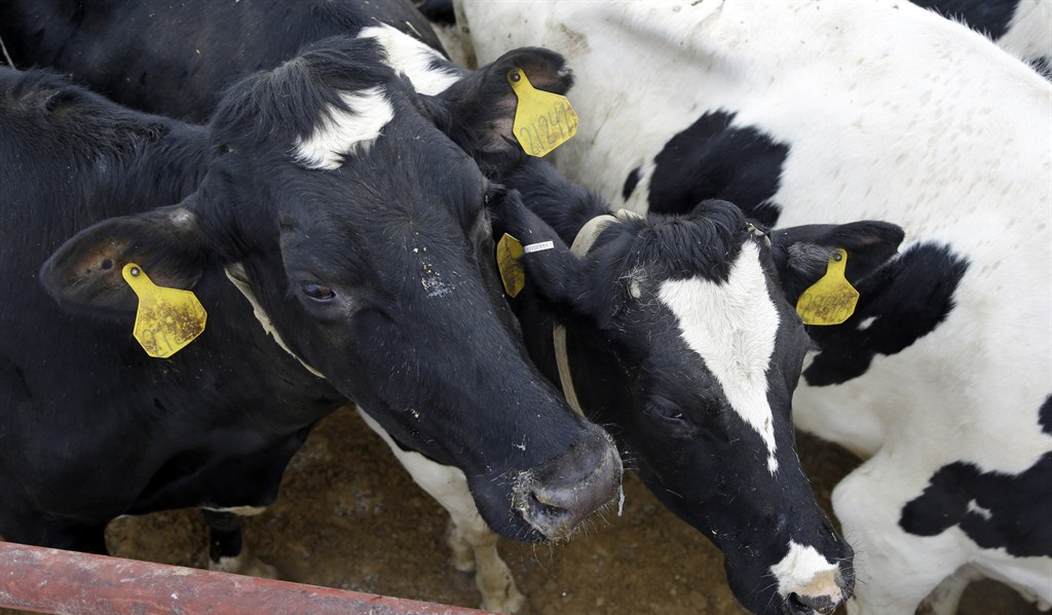The Irish government is considering a “dairy cow massacre” to reduce emissions and meet climate targets. If that sounds insane, it’s because it is. Even conservative influencer Ashley St. Clair and entrepreneur Elon Musk agreed on Twitter, which sparked much discussion – and outrage – across Europe and the United States.
This isn’t the first time climate alarmists have lost the plot and resorted to extreme “solutions.” In recent years, environmentalists have urged people to not have children, give up their pets, stay away from houseplants, and now, slaughter farm animals.
Being anti-life – whether it be animal or human – is no way to fight climate change. As an environmentalist, I want to preserve the health of our planet so that life can be abundant, not nonexistent.
For too long, we’ve operated under the assumption humans and our society are a disease on the earth that needs to be cured. Nothing could be further from the truth. Yes, human society has contributed to environmental challenges, like climate change, but we’ve also made incredible advances and discoveries. Whether it be in art, science, or agriculture, it’s clear humans are not the disease; we’re the cure.
There are many diverse solutions to the climate challenges we face, but I can assure you ending the lives of 200,000 dairy cows prematurely is not one of them. Sacrificing life – any life – for emissions reductions is a poor precedent to set, and it frankly won’t be effective. In the United States, for instance, dairy cows account for 1.3% of all greenhouse gas emissions. Surely, we could be spending our efforts elsewhere instead of terrorizing the agricultural sector.
Recommended
Moreover, there are often more elegant and innovative ways to mitigate the effects of climate change than the extreme measures proposed. For instance, regenerative agriculture techniques such as the usage of cover crops for grazing to improve soil quality are already in use all around the world. Allowing cattle to roam and graze naturally, rather than overgrazing pastures, has proven an effective way for both the animals and the ecosystem to thrive. Those in agriculture have also discovered simply switching out dairy cows’ feed can greatly reduce methane emissions associated with their herds.
These solutions are not only more humane than the options Ireland is considering, but they’re also more forward-looking. Reducing the size of dairy cow herds in one fell swoop would be a short-term emissions reduction, sure, but in the long term, there would be no progress in making the industry more sustainable overall. We know logically we cannot, as a society, survive without a robust agricultural sector, so we should strive to incrementally reduce its environmental impact, not exterminate it.
Protecting our planet should also mean protecting the life on it. We shouldn’t sacrifice life for the planet, or the planet for life. Instead, we should take an approach – such as regenerative agriculture for this instance – that allows constructive collaboration between nature and society. The alternative is pursuing medicine worse than the disease.
Stephen Perkins is the vice president of grassroots strategy at the American Conservation Coalition (ACC). Follow him on Twitter @Stephen_Perkins.
























Join the conversation as a VIP Member